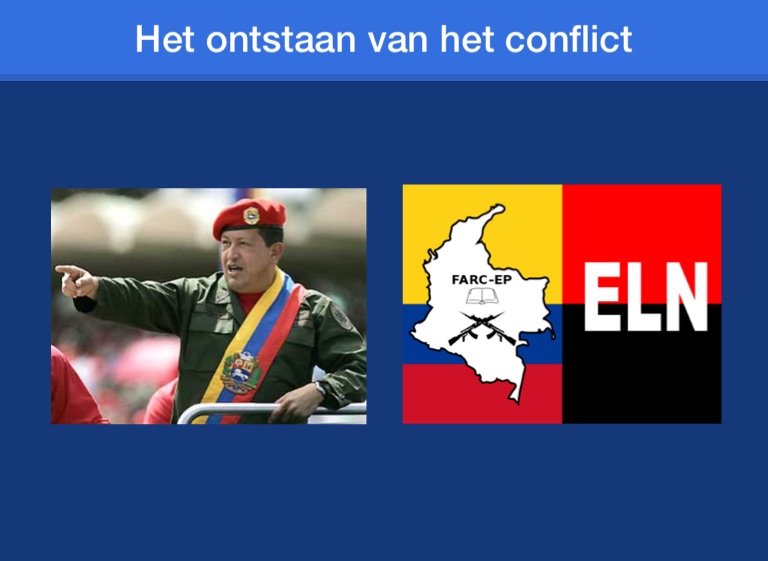

Strengthening Civil Society Organizations and Social Movements The forum creates an exchange among participants-including academics, Colombian specialists, and government officials-on an array of peacebuilding topics to foster collaborative, creative analyses that address the challenges of the accord’s implementation. Since 2012, USIP’s Colombia Peace Forum has ensured that policymakers and thought leaders in both Colombia and the United States have a sound understanding of Colombia’s internal armed conflict and its peace processes. USIP has helped share valuable lessons from Colombia’s peace process with women leaders in Afghanistan, security and justice actors in Burma, and Venezuelan civil society. USIP has provided advice to negotiators, special envoys, and the international community on topics such as peace process design, inclusion mechanisms, and how the implementation of agreements can be strengthened to achieve more sustainable peace. When the Colombian government considers the rights of women, youth, the LGBTQ community, and Afro-Colombian and indigenous populations, it creates a more sustainable foundation for peace. The Institute strives to ensure that every sector of society realizes its ownership in the peacebuilding process and can communicate those stakes to leaders. Promoting Inclusive Peace Processes and Exchanging Lessons Learned In addition to these grassroorts efforts, USIP works with political actors at the national level in an effort to scale solutions and create linkages to support sustainable peace implementation. Because violence in the country is rooted in political and economic exclusion, the Institute prioritizes inclusive, grassroots initiatives by working at the community level to address the core of Colombians’ disputes and each department’s distinct conflict dynamics.

Institute of Peace has helped prepare Colombia for a political solution to its armed conflict. The Colombian government has also sought various avenues of cease-fires and peace processes with a smaller insurgency, the National Liberation Army (ELN). The humanitarian, economic, and political crisis in neighboring Venezuela makes prioritizing the accord that much more difficult. Preventing further violence hinges on the effective, collective reintegration and reincorporation of former combatants into society, as well as compensating victims, returning their lands, and addressing the socioeconomic disparities and political exclusion at the root of the conflict. But implementing the accord-which means cementing the agreement into national legislation and ensuring its provisions reach all corners of the country equitably-remains difficult. In 2016, a historic peace accord ended the 50-year armed conflict between the Colombian government and the Revolutionary Armed Forces of Colombia (FARC).


 0 kommentar(er)
0 kommentar(er)
